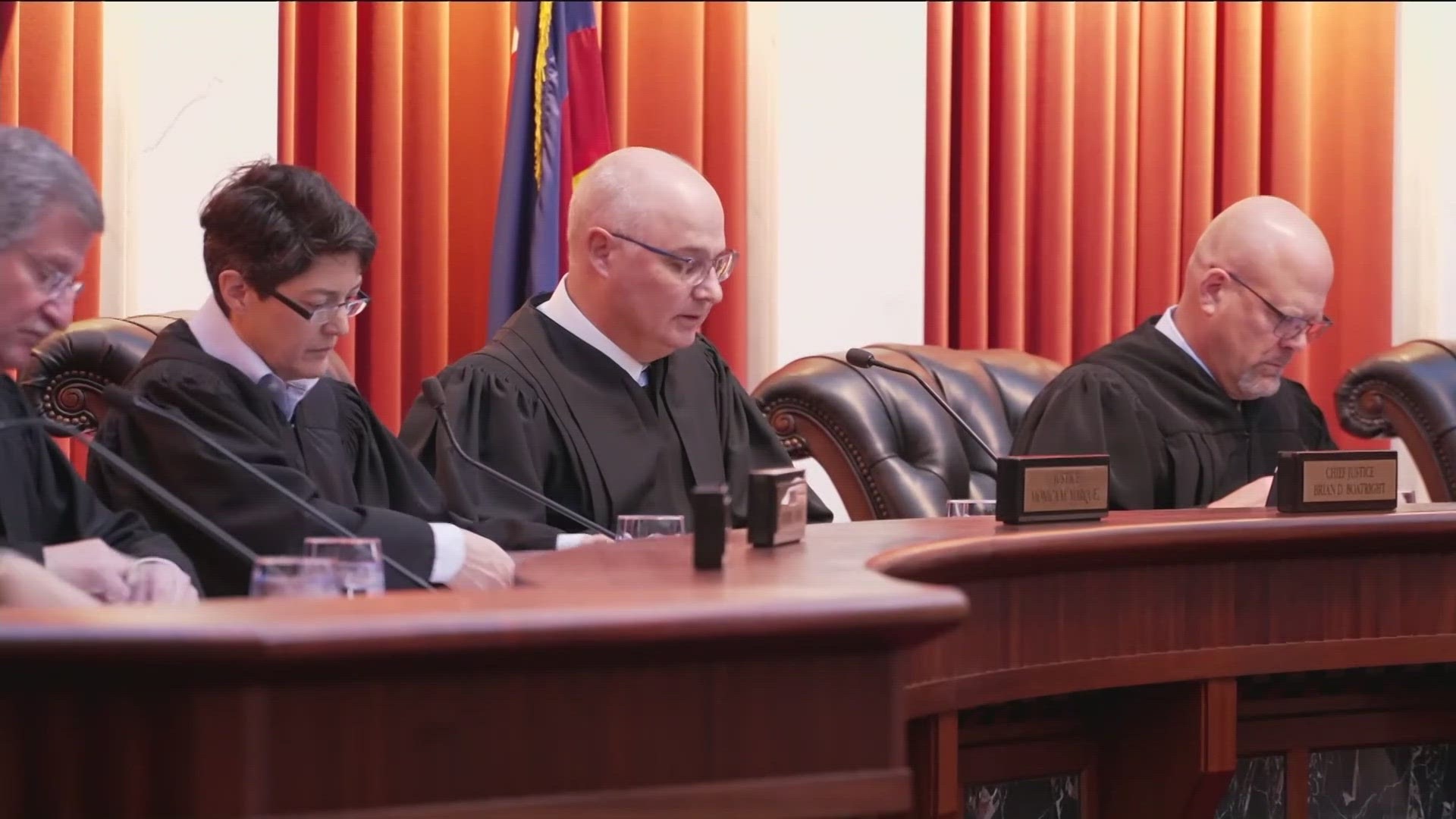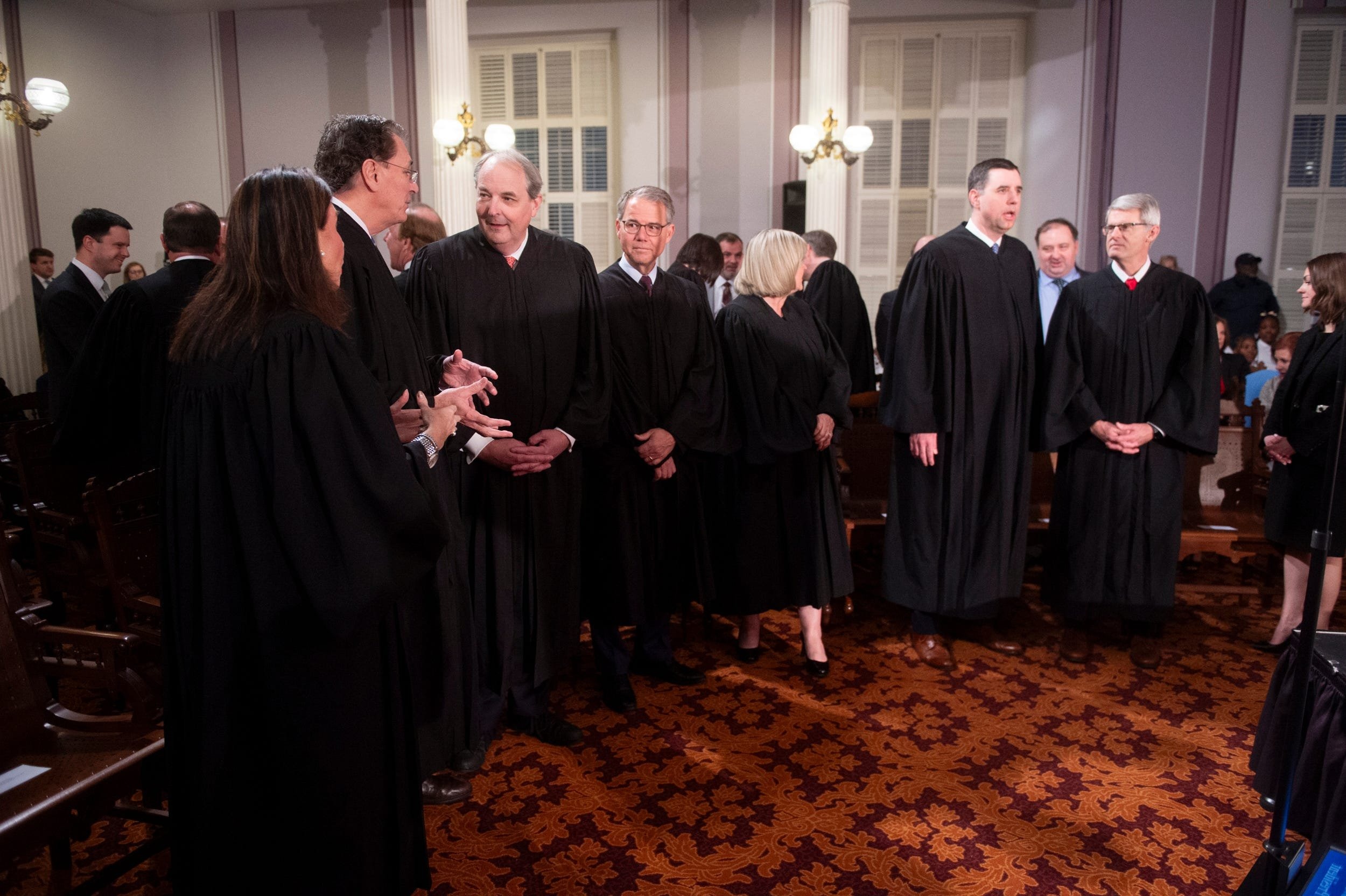Recent actions by the U.S. Supreme Court have introduced a new legal landscape where local and state officials can face lifelong disqualification from office for engaging in “insurrection” or providing “aid and comfort” to enemies of the Constitution.
These actions are based on interpretations of Section 3 of the 14th Amendment, added after the Civil War to prevent former Confederates from holding government positions.
In a notable case, the Supreme Court declined to hear an appeal from a former New Mexico county commissioner removed from office after being convicted of trespassing during the January 6, 2021, Capitol attack. The state judge invoked Section 3 of the 14th Amendment to disqualify him.

Supreme Court Judges (Credits: 9News)
This decision followed a separate ruling that clarified Section 3 cannot be applied to federal officials without specific legislation from Congress. However, the ruling affirmed its applicability to state and local officials, paving the way for legal challenges against them.
Liberal groups, energized by these developments, are refocusing efforts on targeting state and local officials linked to the January 6 events. They see Section 3 as a tool to hold such officials accountable for their roles in the insurrection.
For instance, Citizens for Responsibility and Ethics in Washington (CREW) has identified potential targets among state lawmakers and disqualified a local official in New Mexico.
Otero County Commissioner Couy Griffin, associated with the Capitol attack, became the first elected official to be barred from office under Section 3. His case highlighted the potential impact of using this constitutional provision to address insurrection-related conduct.

Supreme Court Judges (Credits: GZERO Media)
Legal experts anticipate an increase in Section 3 litigation against officials beyond those involved in the January 6 events. However, they emphasize the need for courts to address complex issues, such as defining insurrection and balancing constitutional rights.
In Griffin’s case, a New Mexico judge ruled that his actions constituted aiding an insurrection, even without engaging in violence. Griffin’s conviction for entering a restricted area on Capitol grounds further supported his disqualification from office.
This legal development underscores the significance of state-level mechanisms for enforcing Section 3, as procedures may vary across states.
Private citizens in states like New Mexico can initiate actions against officials, while other states may rely on ballot challenges or administrative processes.
While these legal battles unfold, questions remain about the scope and application of Section 3. Nonetheless, its emergence as a tool for accountability marks a significant development in addressing threats to constitutional order at all levels of government.























